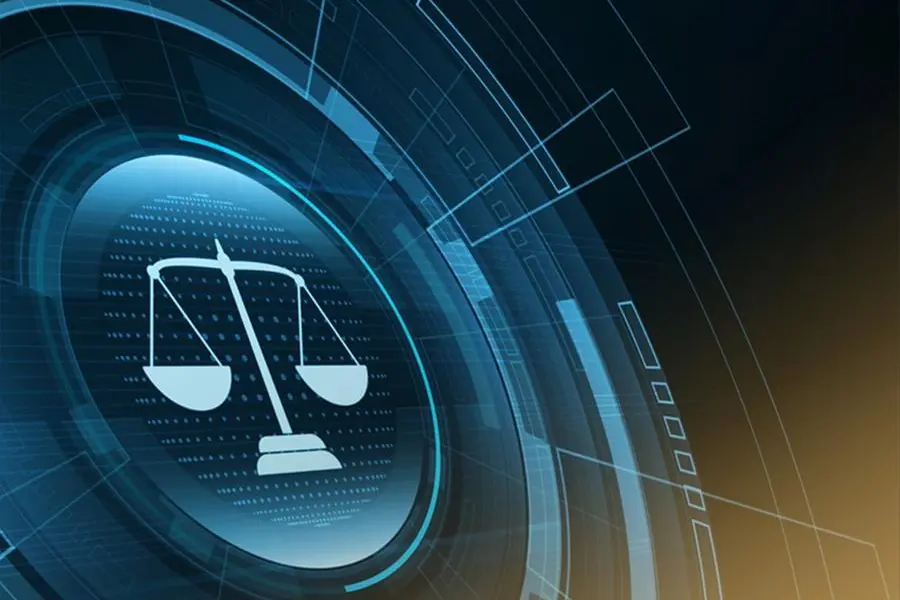PHOTO
The Abu Dhabi Judicial Department has developed a smart program to follow up cases in the criminal courts using machine learning, which is a form of artificial intelligence, with the aim of increasing the accomplishment rate and speed of adjudication of criminal cases, while working on updating the program to include electronic judgments in crimes that end either by conciliation or waiver. and crimes that have elapsed by statute of limitations.
His Excellency Counselor Youssef Saeed Al Abri, Undersecretary of the Abu Dhabi Judicial Department, stressed that employing artificial intelligence techniques to follow up all the work of the criminal courts is a paradigm shift in the judicial system in the Emirate of Abu Dhabi, in line with the vision of His Highness Sheikh Mansour bin Zayed Al Nahyan, Deputy Prime Minister, Minister of the Presidential Court, Head of the Judicial Department in Abu Dhabi, to develop smart and innovative future courts that provide world-class services.
Counselor Youssef Al-Abri indicated that this step comes within the framework of the efforts of digital transformation of judicial and legal services in light of the application of the remote litigation system, in implementation of the strategic plan of the Abu Dhabi Judicial Department 2021-2023, which focuses in its programs, plans and projects on providing services comparable to the best worldwide to provide a distinguished experience for court users by taking advantage of technical development and smart and fast services enhanced by artificial intelligence.
For his part, Counselor Mansour Al Marzouqi, President of the Abu Dhabi Criminal Court, explained that the uses of machine learning currently applied in the criminal courts are manifested in the immediate follow-up of all the work of the judicial divisions, by providing accurate statistics of the completed cases, the underway cases, the follow-up of those in custody in pending cases, accomplishment rate, and adjourned cases, which provide clear indications to ensure that urgent steps are taken to expedite dealing with cases and deciding them in accordance with the procedures established by law.
He added: The smart program, enhanced with artificial intelligence techniques, also allows the possibility of describing the judgment, whether in presence or in absentia in electronic form, while allowing the transfer of substantial data to the draft judgment, such as the names of the accused, the charges articles, and a description of the charges against the accused in the cases before the Criminal Court.
He pointed out that work is underway to update the system to accommodate many procedures in criminal cases, to include the issuance of judgments electronically in crimes that end by conciliation or waiver, as soon as the waiver or conciliation is proven in a number of cases, including assault, verbal abuse, and destruction, as well as crimes that have elapsed by statute of limitations.




















